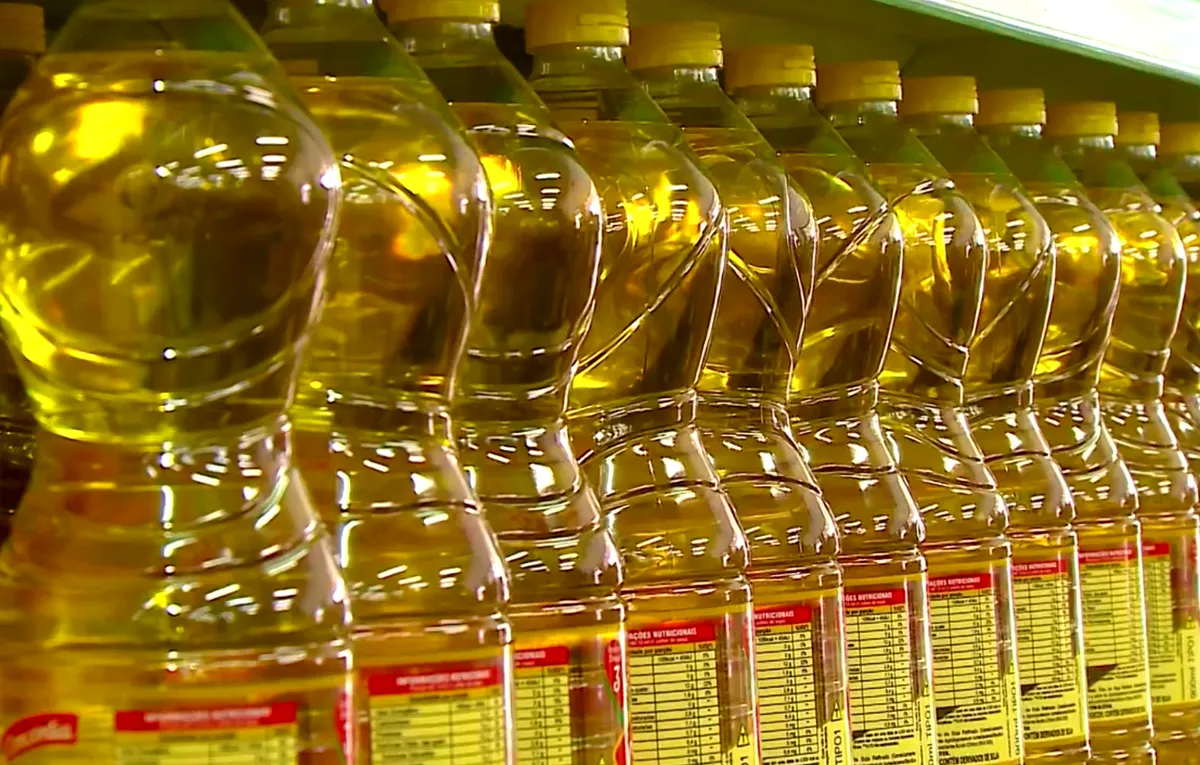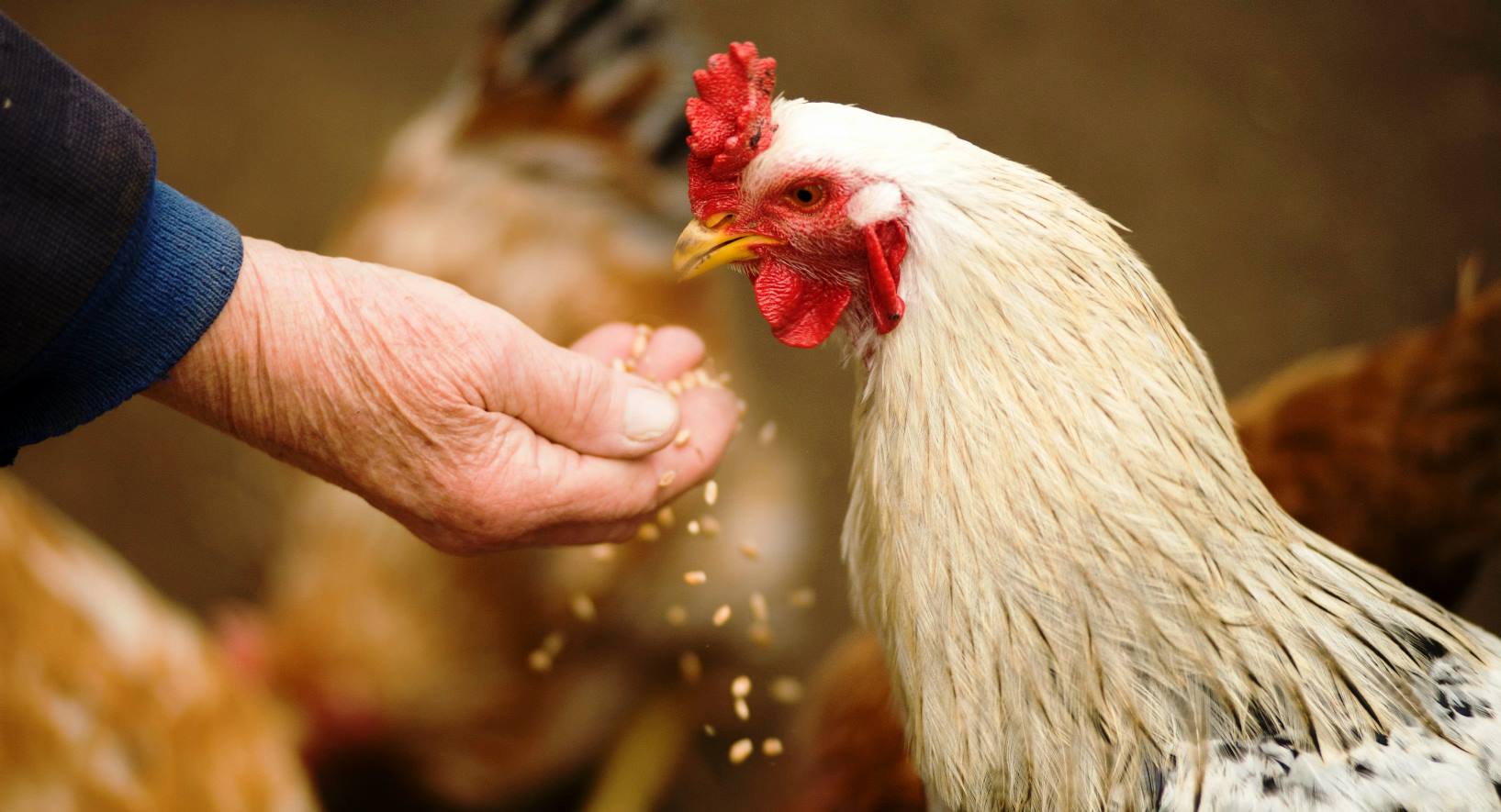
Imagine walking into a coffee shop in New York, Tokyo, Berlin or Dubai… and the barista serves you a coffee with notes of dark chocolate, red fruits and a touch of floral. When you taste it, you feel that it is not just coffee. It is a sensory experience. A product that carries history, terroir, technique and purpose. Most likely, this coffee came from Brazil.
In recent years, Brazil has gone from being seen only as a giant of mass production to becoming one of the largest exporters of specialty coffees in the world. And this movement is not without reason. The global demand for high-quality coffees, with traceability, certifications, distinct sensory profiles and sustainable origins grows year after year — and international buyers are increasingly aware of these requirements.
However, in a competitive and constantly changing global market, importing coffee from Brazil requires more than simply placing an order. It is necessary to understand the producing regions, know the quality protocols, identify reliable partners and navigate efficiently between logistics and health regulations.
More than just a commodity, specialty coffee is now a strategic asset. It represents profit margins, a reputation for coffee brands abroad, and loyalty among demanding consumers. In this article, you will discover:
Which Brazilian regions produce world-class coffees
Why Brazil is a reference in specialty coffees with excellent value for money
How the international market has responded to these differentiated coffees
And how Mello Commodity can be your trusted source for importing directly from award-winning farms
If you are looking for specialty coffee suppliers in Brazil, understanding this scenario is essential to making more profitable, safe, and sustainable decisions. Let’s go!
Contents
In January 2025, Brazil exported 1.01 million 60-kg bags of specialty coffee, generating $393 million in revenue and accounting for 29.9% of the country’s total coffee export earnings for the month. The average price per bag was $388.35, reflecting the premium nature of these coffees .DatamarNews
The largest suppliers are in the Mello Commodity Exporters Guide
United States: 206,650 bags (20.4%)
Belgium: 135,210 bags (13.4%)
Germany: 134,740 bags (13.3%)DatamarNews+1gastrovinoacademy.com+1
Specialty coffees are distinguished by:
Scoring above 80 points on the Specialty Coffee Association’s 100-point scale
Unique sensory attributes and flavor profiles
Certified traceability and sustainable practices with suppliers selected by MELLO COMMODITY
These standards ensure a superior product that appeals to a global market seeking quality and ethical sourcing.
Responsible for around 50% of national production, with regions like Sul de Minas and Cerrado de Minas known for high-quality Arabica coffees.
While the main producer of Canephora, it also boasts award-winning Arabica coffees, recognized in competitions like Coffee of the Year.
Home to the Mogiana and Central-West regions, producing exclusive Arabica coffees from both large farms and smallholders.
Regions like Chapada Diamantina and Piatã are renowned for their specialty Arabica coffees, with Piatã winning the Cup of Excellence.
Known for its high-altitude Arabica plantations, contributing to the diversity of Brazil’s specialty coffee offerings.
Competitions such as the Cup of Excellence, organized by the Brazilian Specialty Coffee Association (BSCA) and the Alliance for Coffee Excellence (ACE), have been pivotal in promoting quality standards and recognizing exceptional coffees. These events have transformed Brazil’s image from a bulk producer to a source of premium specialty coffees.
The educational articles on the Mello Commodity Blog aim to guide international buyers with news, alerts, market information and data on the harvest and production of Brazilian agricultural commodities.
Some articles may contain affiliate links that provide access to several SUPPLIER GUIDES for Brazilian agricultural commodities. The commission paid to the Mello Commodity team is used to cover production costs and will not impact the cost of acquiring the material.
If you are interested in negotiating the direct import of sugar, soybeans or yellow corn, simply click on the Quotation menu and send us information about your item.

Brazilian, graduated in Marketing, Specialist in Service Management and Strategic Communication.
Important International Negotiator in the commercialization of Brazilian agricultural commodities such as: Sugar, Soybeans and Corn.
Owner of Mello Commdity, she has gained great prominence on the internet in recent years by promoting educational articles for importers of Brazilian agricultural commodities.
#Arabic Coffee #Brazilian coffee #Brazilian Coffee Suppliers #Coffee Blends #Coffee Companies #Coffee exporters #Coffee Suppliers #Coffee Suppliers WholesaleCoffee Bean Suppliers in Brazil #Conilon Coffee #Kona Coffee #Robusta Coffee #SPECIALTY COFFEE #SPECIALTY COFFEES #Wholesale Coffee Suppliers #world coffee exporter
 Bangladesh Sugar Imports: A Global Success Case Study
Bangladesh Sugar Imports: A Global Success Case Study Coup plotters are everywhere in international trade. Protect your international businesses with the Agricultural Commodities Suppliers Guide
Coup plotters are everywhere in international trade. Protect your international businesses with the Agricultural Commodities Suppliers Guide Oil Exporters in Brazil – Business Opportunities and Global Markets
Oil Exporters in Brazil – Business Opportunities and Global Markets Avian Influenza in Brazil: What You Need to Know in 2025
Avian Influenza in Brazil: What You Need to Know in 2025